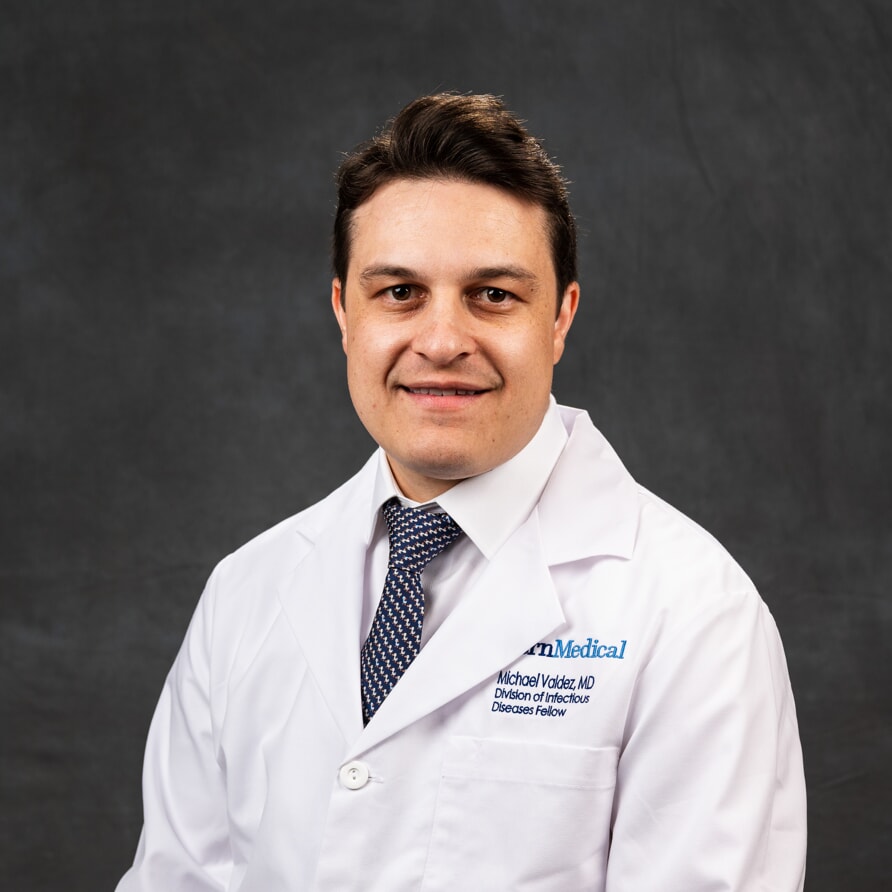Depression Treatment Facilities in California
Table of Contents

Online Therapy for Depression in California
Depression (also called major depressive disorder or clinical depression) is a common but serious mood disorder. It causes severe symptoms that affect how you feel, think, and handle daily activities, such as sleeping, eating, or working.
To be diagnosed with depression, the symptoms must be present for at least two weeks.
Promising Outlook’s online therapy for depression utilizes a personalized multi-pronged approach to treatment of depression called an intensive outpatient program (IOP) to provide direct support to adults.
Explore information below on depression as reported on healthline and nih.gov.

TREATABLE CONDITIONS
Types of depression.
There are different types of depression, some of which develop due to specific circumstances.
- Major depression, which includes symptoms of depression most of the time for at least 2 weeks that typically interfere with one’s ability to work, sleep, study, and eat.
- Persistent depressive disorder (also called dysthymia), which often includes less severe symptoms of depression that last much longer, typically for at least 2 years.
- Perinatal depression, which occurs when a woman experiences major depression during pregnancy or after delivery (postpartum depression).
- Seasonal affective disorder, which comes and goes with the seasons, typically starting in late fall and early winter and going away during spring and summer.
- Depression with symptoms of psychosis, which is a severe form of depression where a person experiences psychosis symptoms, such as delusions (disturbing, false fixed beliefs) or hallucinations (hearing or seeing things that others do not see or hear).
Individuals with bipolar disorder (formerly called manic depression or manic-depressive illness) also experience depressive episodes, in which they feel sad, indifferent, or hopeless, combined with a very low activity level. But a person with bipolar disorder also experiences manic episodes, or unusually elevated moods in which the individual might feel very happy, irritable, or “up,” with a marked increase in activity level.
Signs and symptoms of depression.
If you have been experiencing some of the following signs and symptoms most of the day, nearly every day, for at least two weeks, you may be suffering from depression:
- Persistent sad, anxious, or “empty” mood
- Feelings of hopelessness, or pessimism
- Feelings of irritability, frustration, or restlessness
- Feelings of guilt, worthlessness, or helplessness
- Loss of interest or pleasure in hobbies and activities
- Decreased energy, fatigue, or feeling “slowed down”
- Difficulty concentrating, remembering, or making decisions
- Difficulty sleeping, early morning awakening, or oversleeping
- Changes in appetite or unplanned weight changes
- Thoughts of death or suicide, or suicide attempts
- Aches or pains, headaches, cramps, or digestive problems without a clear physical cause that do not ease even with treatment
- Suicide attempts or thoughts of death or suicide
Not everyone who is depressed experiences every symptom. Some people experience only a few symptoms while others may experience many. Several persistent symptoms in addition to low mood are required for a diagnosis of major depression, but people with only a few – but distressing – symptoms may benefit from treatment as well. The severity and frequency of symptoms and how long they last will vary depending on the individual and his or her particular illness. Symptoms may also vary depending on the stage of the illness.
Treatments for depression.
Depression, even the most severe cases, can be treated. The earlier treatment begins, the more effective it is.
Getting mental healthcare can be difficult when you’re living with depression. Depression’s symptoms make it hard to get dressed, get out of the house, go to school, and participate in sports or other activities.
Every person’s experience with depression is unique to them. That’s why a well rounded combination of treatment options is usually the most effective way to sustainably treat depression.
Treatment options include:
- Individual therapy
- Medication
- Mindfulness techniques
- Lifestyle changes
- Group therapy
- Intensive outpatient programs (IOP)
What works for one patient may not be sufficient for another. It’s essential to work with a qualified mental health care provider to get a personalized care plan to fit your needs.
Depression can be treatable through an intensive outpatient program (IOP).
Learn about the Intensive Outpatient Program.
Promising Outlook’s online “recover-from-home” Intensive Outpatient Program helps empower adults 18+ in understanding and successfully overcoming their mental health struggles with the unique strength of an unparalleled, multi-pronged approach to mental health care.
Our experienced clinicians are equipped to handle a wide variety of conditions. Have a question? Give us a call at 844-656-0999. It’s confidential and free. We care, and are here to help you on your recovery journey.
- Fully Personalized Treatment Plans
- No Waitlists
- Get Support in Minutes
- 9-12 Week Program, All Online
- Experienced Certified Clinicians
- Cutting Edge Treatments
- Licensed and Accredited to Accept Most PPO Employer Insurance
- Includes 1 on 1 Sessions and Support Groups Proven to Assist Recovery

Our experienced clinicians specialize in treating Anxiety Disorders, Trauma, Gender Identity & Dysphoria, Addiction, Depression and more.
How IOP works
Start your recovery today.
You can do this.
Promising Outlook’s Intensive Outpatient Program (IOP) is curated for those in need of more support than once-weekly therapy.
We offer uniquely personalized comprehensive care solution that includes multiple weekly sessions of supported groups, family therapy, and individual therapy for 9 to 12 weeks. Clients engage in intensive care around 10 hours a week in various support capacities.
Get in Touch
The first, and hardest step, is just picking up the phone right now or filling out an instant form to our admissions team.
No waitlists. Get support in minutes.
Call 844-656-0999
1
Share Your Story
Next you'll meet with our clinical team and share about your mental health history and your unique story.
Our team will also handle your insurance agency, helping with all the paperwork. We are accredited to accept most PPO employer insurance.
2
Begin Your Recovery
You'll be matched to a Promising Outlook licensed clinician, an IOP Support Group, engage in multiple 1 on 1 sessions weekly, family therapy and more. You'll receive a diverse set of science-backed therapeutic modalities to aid in your recovery over the next 9-12 weeks.
3
Take the next step
Get started today.
We know that asking for help takes bravery. Reaching out is the first step, and the hardest. Our compassionate admissions team really does care about you. So take a deep breath, and pick up the phone right now. You can do it. And we can’t wait to hear your unique story.
100% Confidential
Our expert team operates at the highest level of HIPAA privacy practices, and your call is completely confidential.
Get help in minutes
Promising Outlook strongly believes in the urgency of care. Not waitlists. And a real person will pick up your call every time.
Available 24/7
Our team understands conditions don't just affect you 9-5, so we work overtime for you. Give us a call night or day, rain or shine. Take the next step, you can do this.

We are licensed and accredited to be able to accept most PPO employer insurance.
Our admissions team can help navigate your insurance policy and do our best to mitigate costs for you based on your plan.
Please note, we do not accept HMOs, medicare, covered California or uninsured at this time.
Take the next step towards a better you
Promising Outlook is here for you. It takes courage. You can do this, and we can help.
